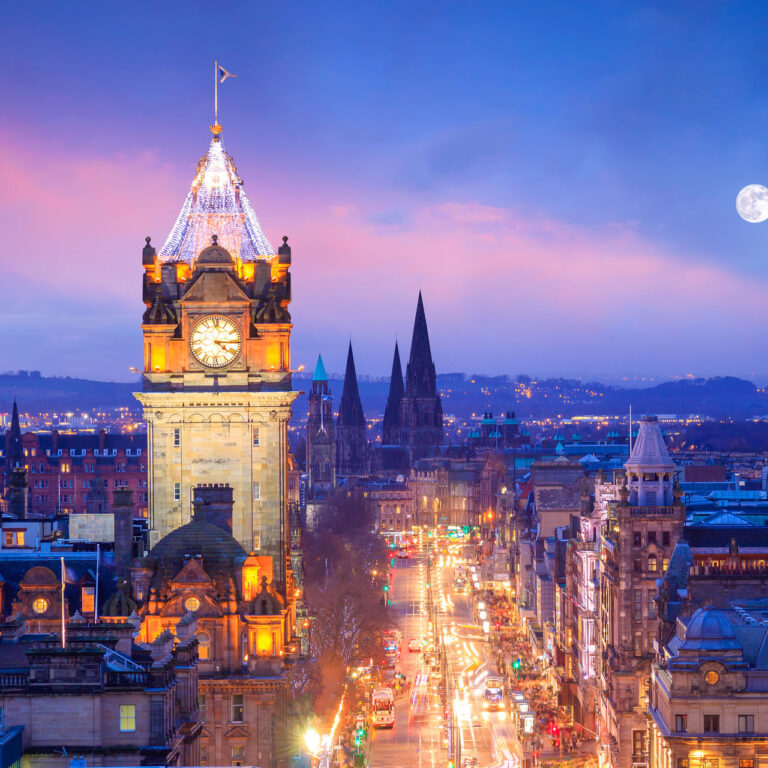Edinburgh is preparing to implement a tourist tax, proposed to be set at 5% of accommodation costs, with the final details of the levy recently confirmed. This charge, which is similar to those already in use in countries such as Germany, Spain, and Italy, is aimed at visitors staying in hotels, bed and breakfasts, self-catering accommodations, and properties listed on platforms like Airbnb.
City councillors are scheduled to meet later this month to vote on whether to endorse this new tax, which is slated to go into effect on July 24, 2026. The local authority aims to generate approximately £50 million annually through this initiative, funds that are earmarked for city improvements. However, some local businesses have raised concerns that this could adversely affect their trade.
Background and Implementation Strategy
A recent report prepared for the council’s policy and sustainability committee, which followed a public consultation on the matter, indicated that any charge exceeding 5% might deter potential visitors. While the Scottish Greens proposed a higher rate of 8%, the council has decided on the 5% rate with the goal of balancing revenue generation with visitor appeal.
To aid businesses in adapting to the new levy, the report recommends a “transition period,” meaning that only bookings made after May 1, 2023, for stays post July 24, 2026, will be subject to the tax. Additional adjustments from earlier drafts have included limiting the tax’s applicability to a maximum of five nights instead of seven and extending its reach to campsites, which will no longer be exempt.
Councillor and Business Perspectives
Edinburgh City Council leader Jane Meagher expressed confidence that the tax would bring substantial advantages to the city, although she emphasized it isn’t a “silver bullet” for addressing housing issues. She also countered claims that the tax would deter visitors, stating, “People understand the need for a visitor levy, because inevitably people coming to the city use resources that are currently paid for through council tax.”
The fee structure will be based on a percentage of the nightly accommodation cost, excluding any commissions paid to online booking platforms and additional charges for services like meals.
Leon Thompson, executive director of UKHospitality Scotland, stressed the importance of keeping the levy at 5% and called for comprehensive guidance to support businesses in its implementation. He noted, “It’s positive that the council has listened to strong feedback from hospitality businesses on this point.”
Current Climate and Future Implications
In light of a housing crisis declared in Edinburgh due to skyrocketing property prices and an increasing number of homeless individuals, the introduction of this tax comes amid growing concern over the city’s capacity to accommodate the influx of visitors.
Tourists account for an estimated 5.3 million overnight stays annually in Edinburgh. However, soaring prices during the popular August festival season have raised alarms, with some performers expressing concerns of being “priced out.”
Several other Scottish local authorities have also shown interest in adopting a tourist tax, citing challenges in managing the rising number of visitors without sufficient infrastructure.
For further details, clarification, contributions or any concerns regarding this article, please feel free to reach out to us at editorial@tax.news. We value your feedback and are committed to providing accurate and timely information. Please note that all inquiries will be handled in accordance with our privacy policy



